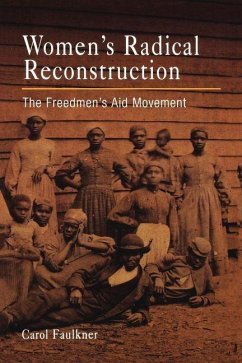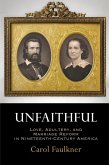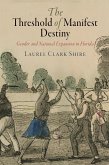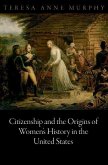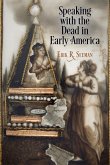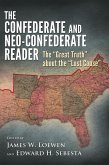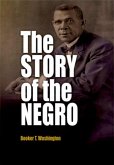In this first critical study of female abolitionists and feminists in the freedmen's aid movement, Carol Faulkner describes these women's radical view of former slaves and the nation's responsibility to them. Moving beyond the image of the Yankee schoolmarm, Women's Radical Reconstruction demonstrates fully the complex and dynamic part played by Northern women in the design, implementation, and administration of Reconstruction policy. This absorbing account illustrates how these activists approached women's rights, the treatment of freed slaves, and the federal government's role in reorganizing Southern life.
Like Radical Republicans, black and white women studied here advocated land reform, political and civil rights, and an activist federal government. They worked closely with the military, the Freedmen's Bureau, and Northern aid societies to provide food, clothes, housing, education, and employment to former slaves. These abolitionist-feminists embraced the Freedmen's Bureau, seeing it as both a shield for freedpeople and a vehicle for women's rights. But Faulkner rebuts historians who depict a community united by faith in free labor ideology, describing a movement torn by internal tensions.
The author explores how gender conventions undermined women's efforts, as military personnel and many male reformers saw female reformers as encroaching on their territory, threatening their vision of a wage labor economy, and impeding the economic independence of former slaves. She notes the opportunities afforded to some middle-class black women, while also acknowledging the difficult ground they occupied between freed slaves and whites. Through compelling individual examples, she traces how female reformers found their commitment to gender solidarity across racial lines tested in the face of disagreements regarding the benefits of charity and the merits of paid employment.
Like Radical Republicans, black and white women studied here advocated land reform, political and civil rights, and an activist federal government. They worked closely with the military, the Freedmen's Bureau, and Northern aid societies to provide food, clothes, housing, education, and employment to former slaves. These abolitionist-feminists embraced the Freedmen's Bureau, seeing it as both a shield for freedpeople and a vehicle for women's rights. But Faulkner rebuts historians who depict a community united by faith in free labor ideology, describing a movement torn by internal tensions.
The author explores how gender conventions undermined women's efforts, as military personnel and many male reformers saw female reformers as encroaching on their territory, threatening their vision of a wage labor economy, and impeding the economic independence of former slaves. She notes the opportunities afforded to some middle-class black women, while also acknowledging the difficult ground they occupied between freed slaves and whites. Through compelling individual examples, she traces how female reformers found their commitment to gender solidarity across racial lines tested in the face of disagreements regarding the benefits of charity and the merits of paid employment.
Dieser Download kann aus rechtlichen Gründen nur mit Rechnungsadresse in A, D ausgeliefert werden.

